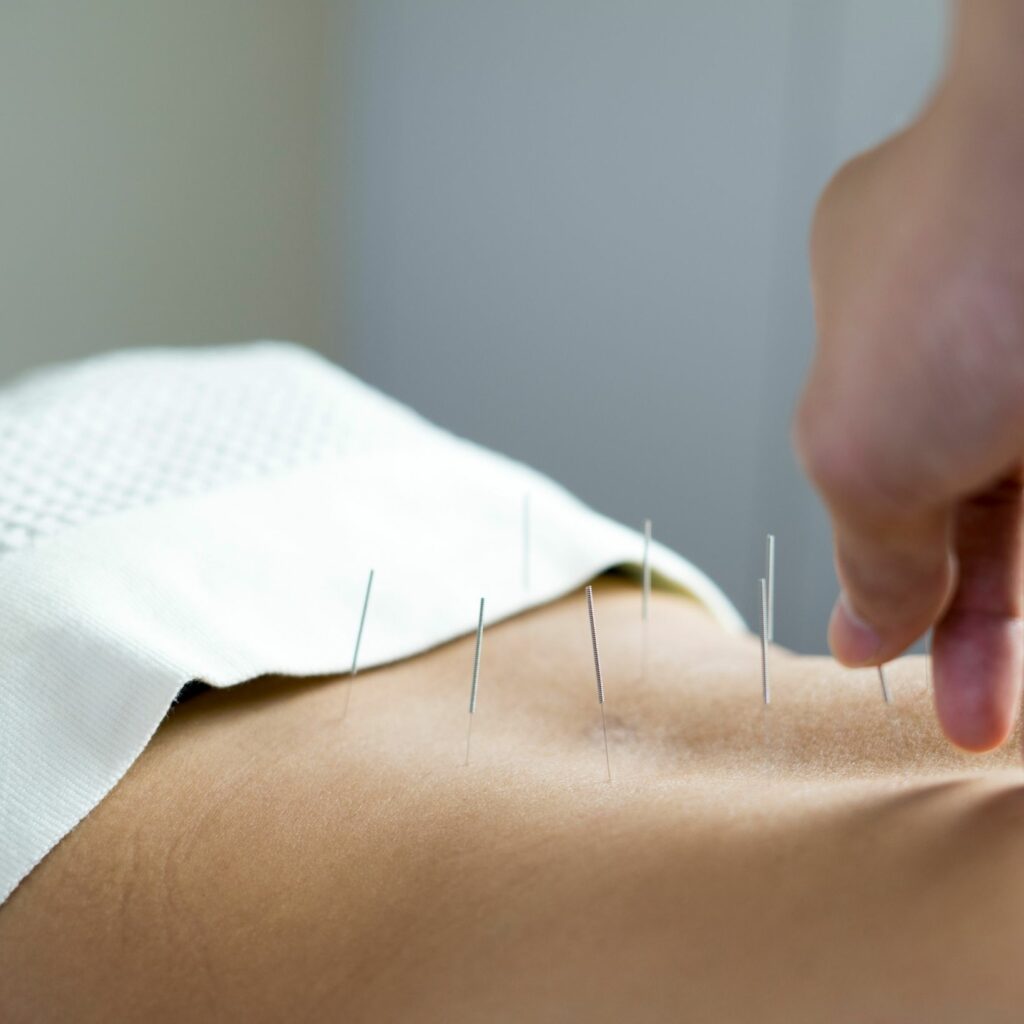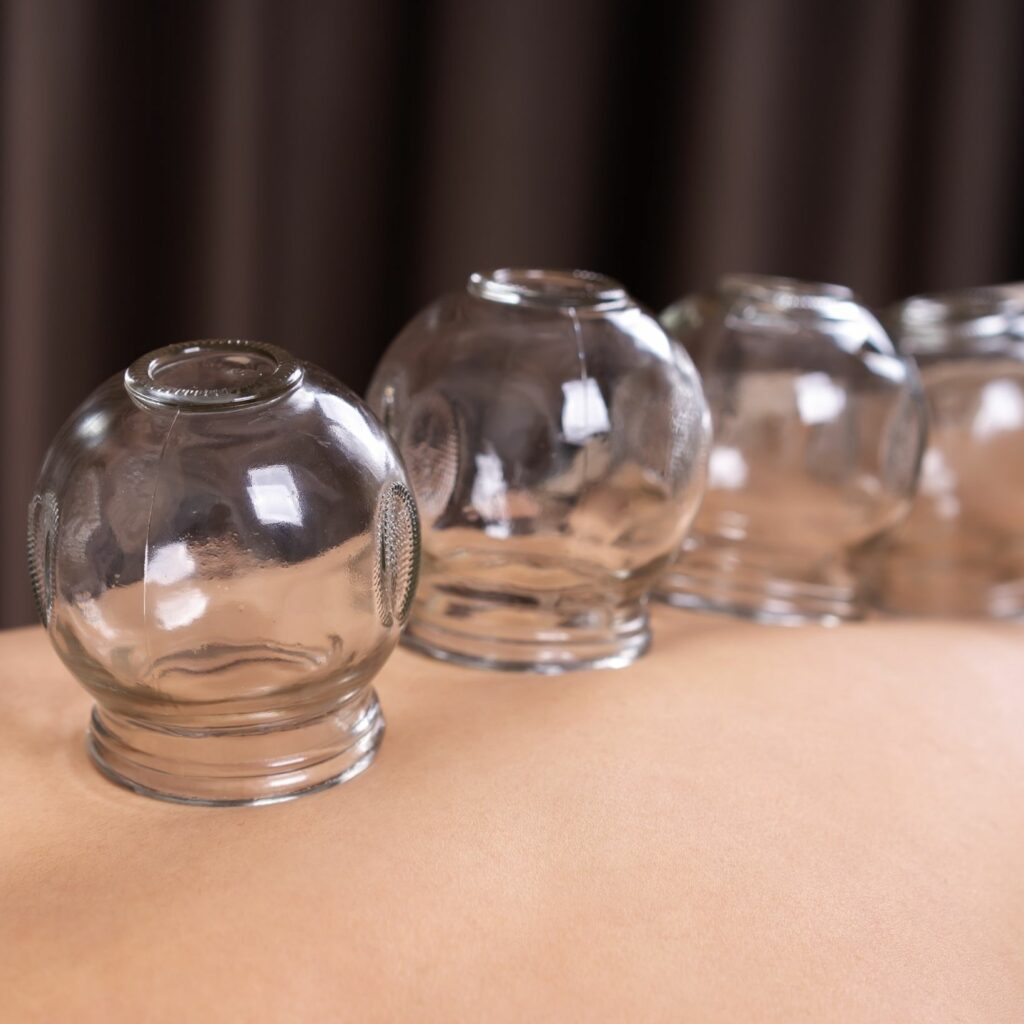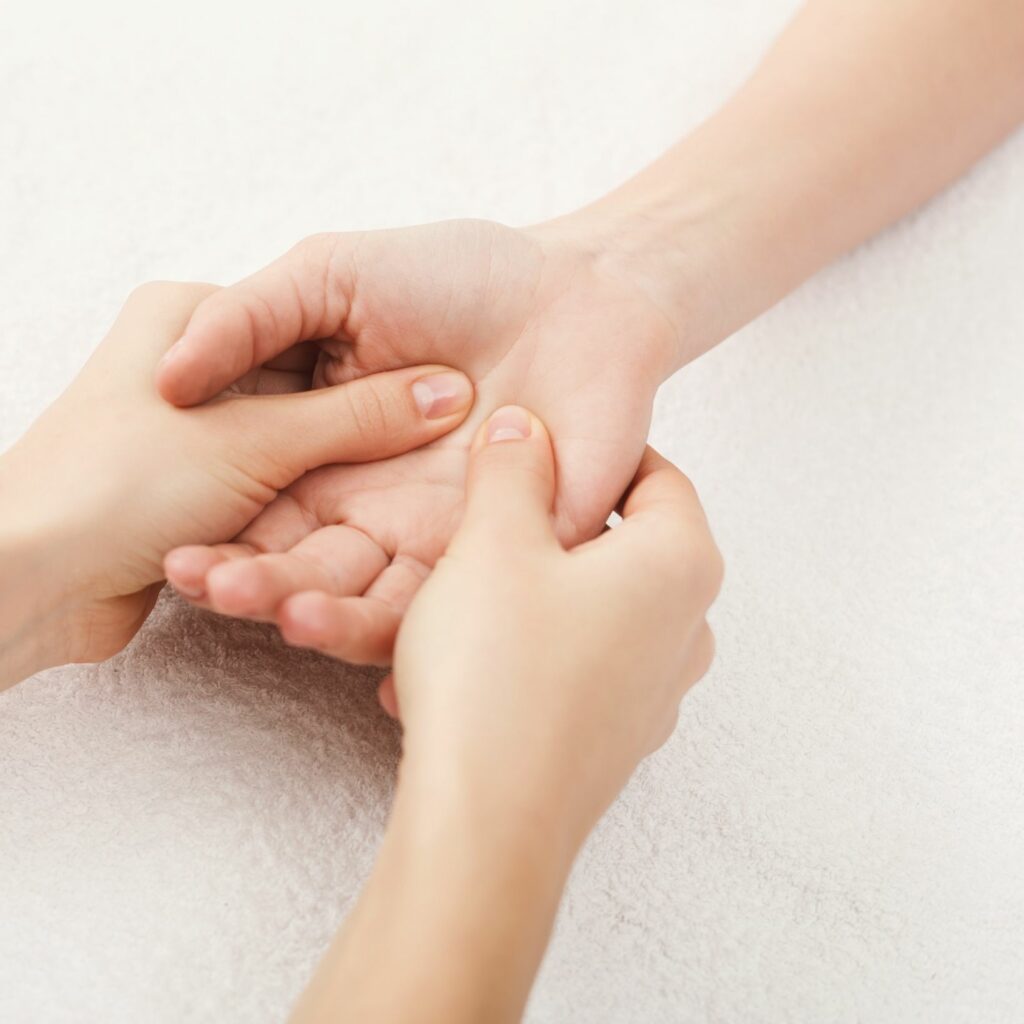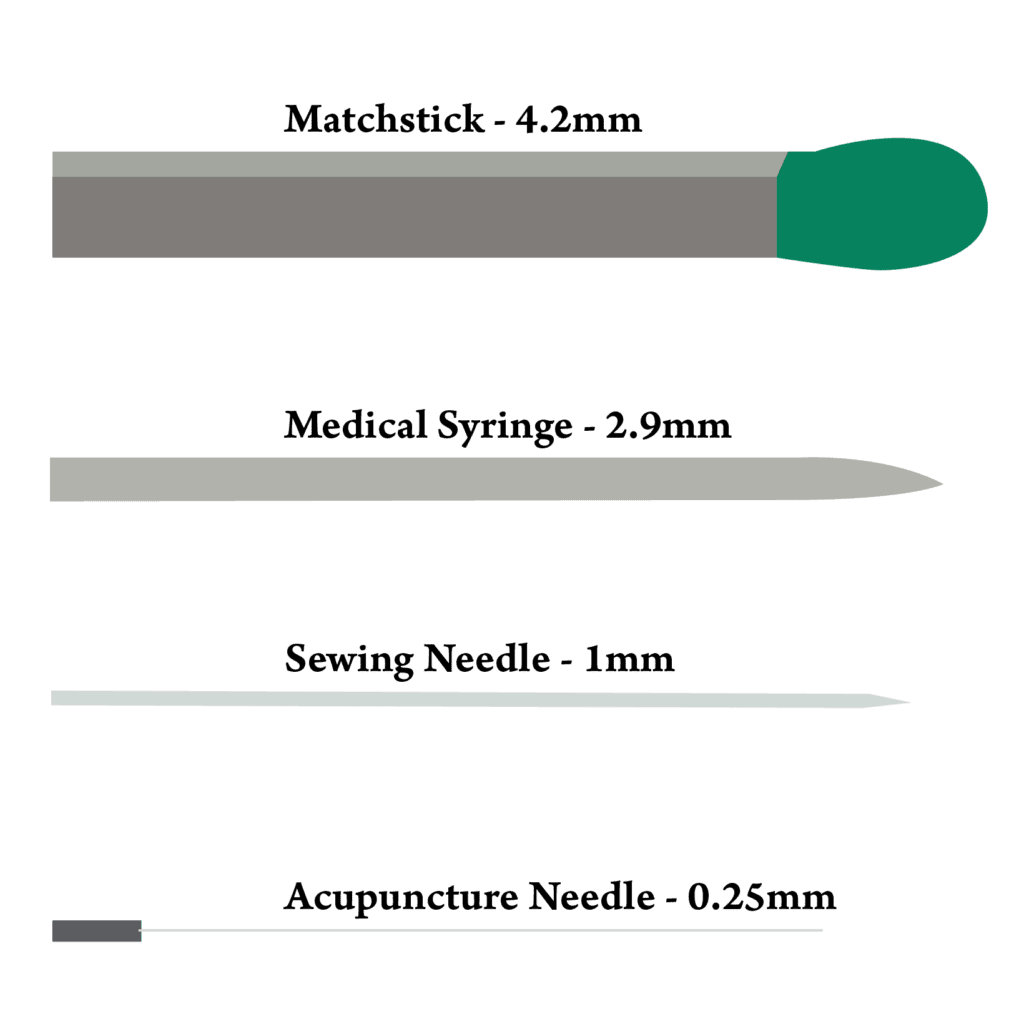Acupuncture
Hundreds of clinical studies show the benefits of acupuncture ranging from migraines to insomnia
Stimulate Your Body's Instinctive Healing Capabilities
The practice of Acupuncture has been practiced for over 2,500 years and involves thin needles that help relieve pain and reduce stress. With this practice many conditions can be improved, but Acupuncture is not perfect for everyone.
Please schedule your consultation to find out if Acupuncture is right for you.

Traditional Acupuncture
Traditional Acupuncture is the insertion of small, sterile needles into the skin to help stimulate the body’s natural self-healing process by triggering the central nervous system. There is minimal pain when the needles are inserted, usually a small sting or a tingling sensation. After the needle insertion, there is sometimes a small ache at the base of the needle, but acupuncture is relatively painless.
Cupping Massage
Cupping is a form of massage therapy that involves placing special cups on your skin to create vacuum suction for a few minutes at a time. The cup lifts underlying soft tissues into the cup to help decompress those tissues. It is generally not painful and helps with pain, blood flow, relaxation, and inflammation.


Shiatsu Massage
Shiatsu means “finger pressure” in Japanese, meaning this type of massage involves rhythmic and localized pressure by your massage therapist. This pressure is given with their fingers, hands, and elbows on certain pressure points on your body. This type of massage is especially helpful when recovering from an injury. It also helps with stimulating your digestive system, reducing stress, and relieving pain from other conditions including arthritis.
Conditions We Help
Neck & Back Pain
Headaches
Arthritic Pain
Sciatica
Whiplash
Menstrual Cramps
Pregnancy Pains
Knee Pain
Carpal Tunnel
Bulging Discs
Jaw Pain / TMJ
Bursitis
Bell's Palsy
Frozen Shoulder
Shoulder Impingement
Shoulder Sprains
Allergies
Muscle Spasms
Conditions We Help
Neck & Back Pain
Headaches
Arthritic Pain
Sciatica
Whiplash
Menstrual Cramps
Pregnancy Pains
Knee Pain
Carpal Tunnel
Bulging Discs
Jaw Pain / TMJ
Bursitis
Bell's Palsy
Frozen Shoulder
Shoulder Impingement
Shoulder Sprains
Allergies
Muscle Spasms
What to Expect
Your first acupuncture treatment is a lot like other doctor appointments in which your provider will ask for your history and perform an exam. During this visit, we will determine what your treatment plan will be and where exactly acupuncture needs to be performed on your body.
It is not uncommon to be apprehensive to have acupuncture done, but once most people realize that the needles are quite small and do not cause a lot of pain, they are excited to do their treatments. Most people don’t realize that an acupuncture needle is 10x smaller than a medical syringe/needle used for blood draws. Acupuncture needles are often referred to as “painless” needles. The bottom line is that it does not hurt to get acupuncture.
A typical acupuncture session will last about 60 minutes. After the needles are inserted you will relax for 15-30 minutes, thereafter, the needles may need to be readjusted and you will be able to relax again. Many people report immediate relief and relaxation after their first treatment. Typically, an acupuncturist will prescribe a four-week treatment plan ranging from once a week to three times a week. Then after treatment, you will be able to go about your day.


